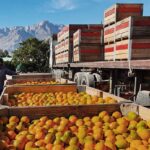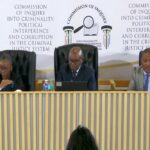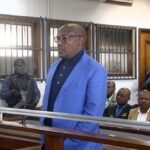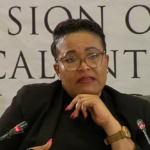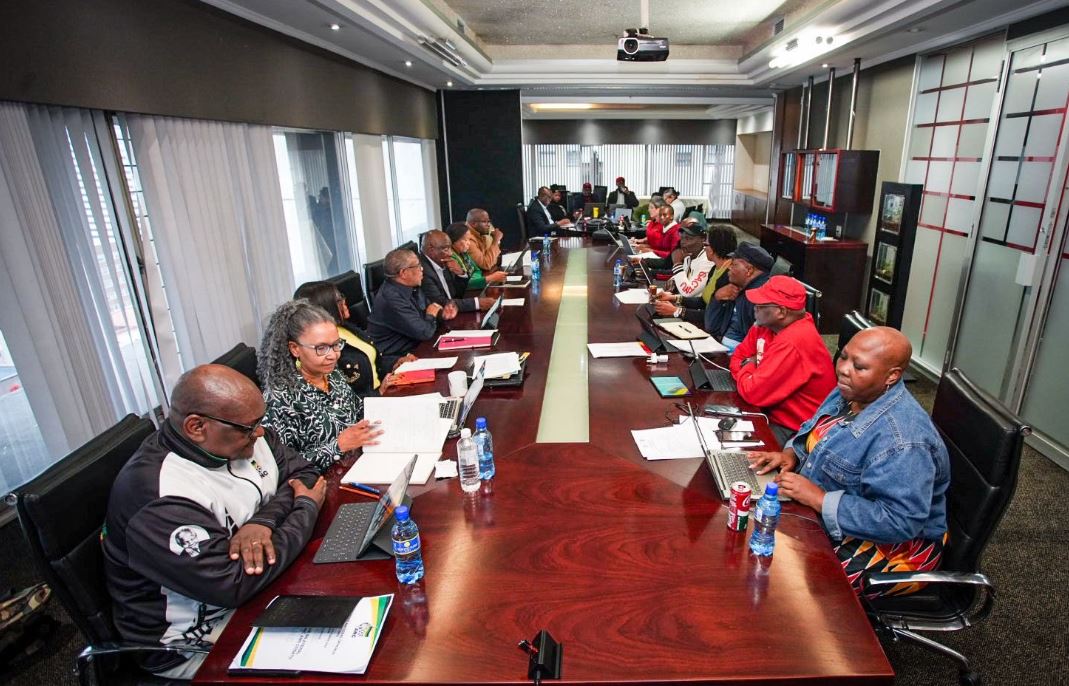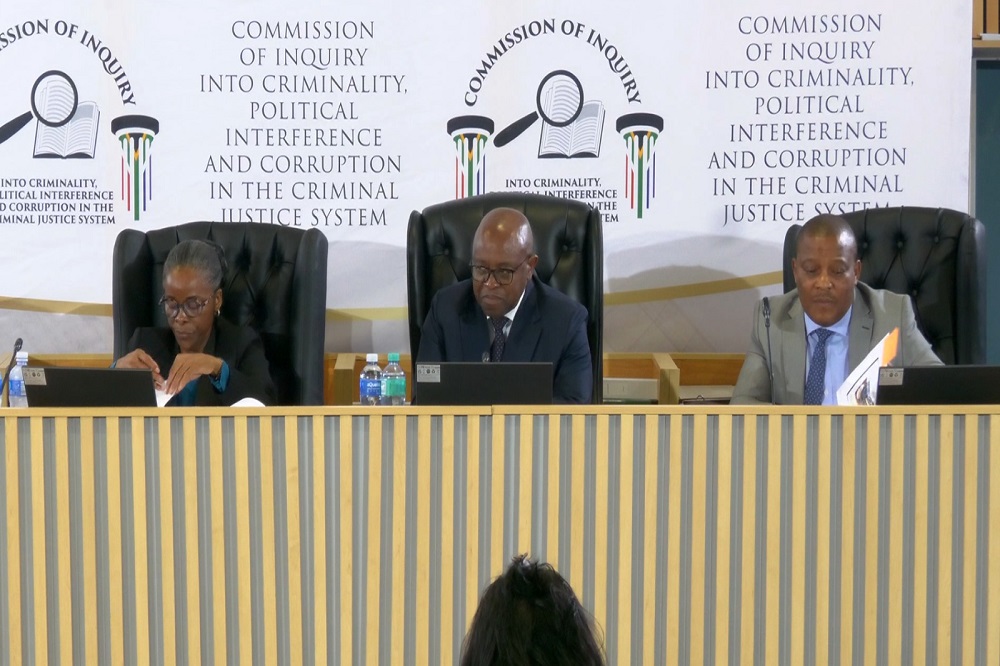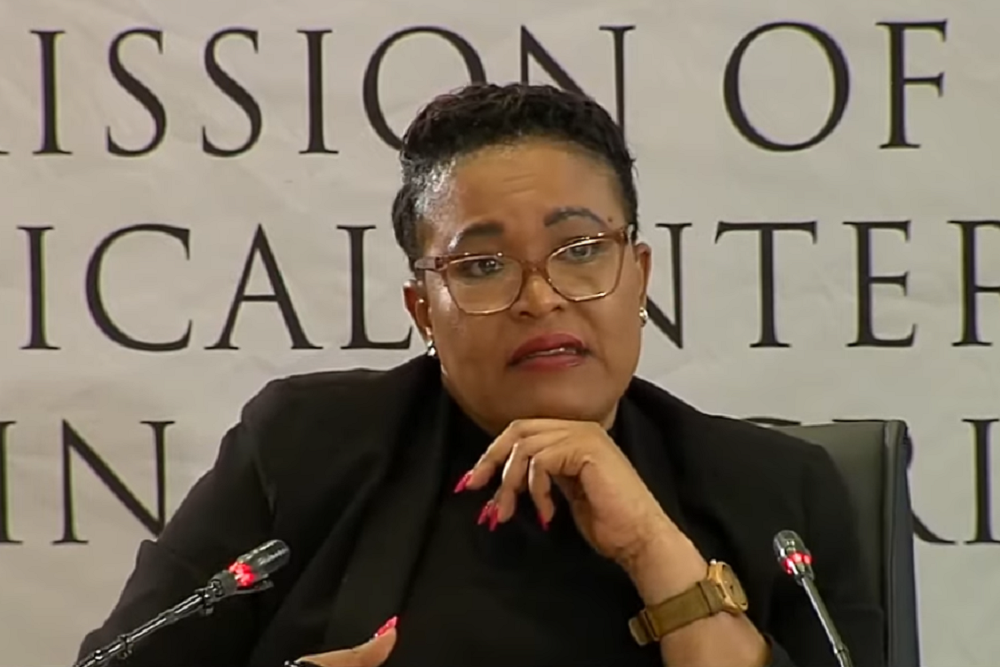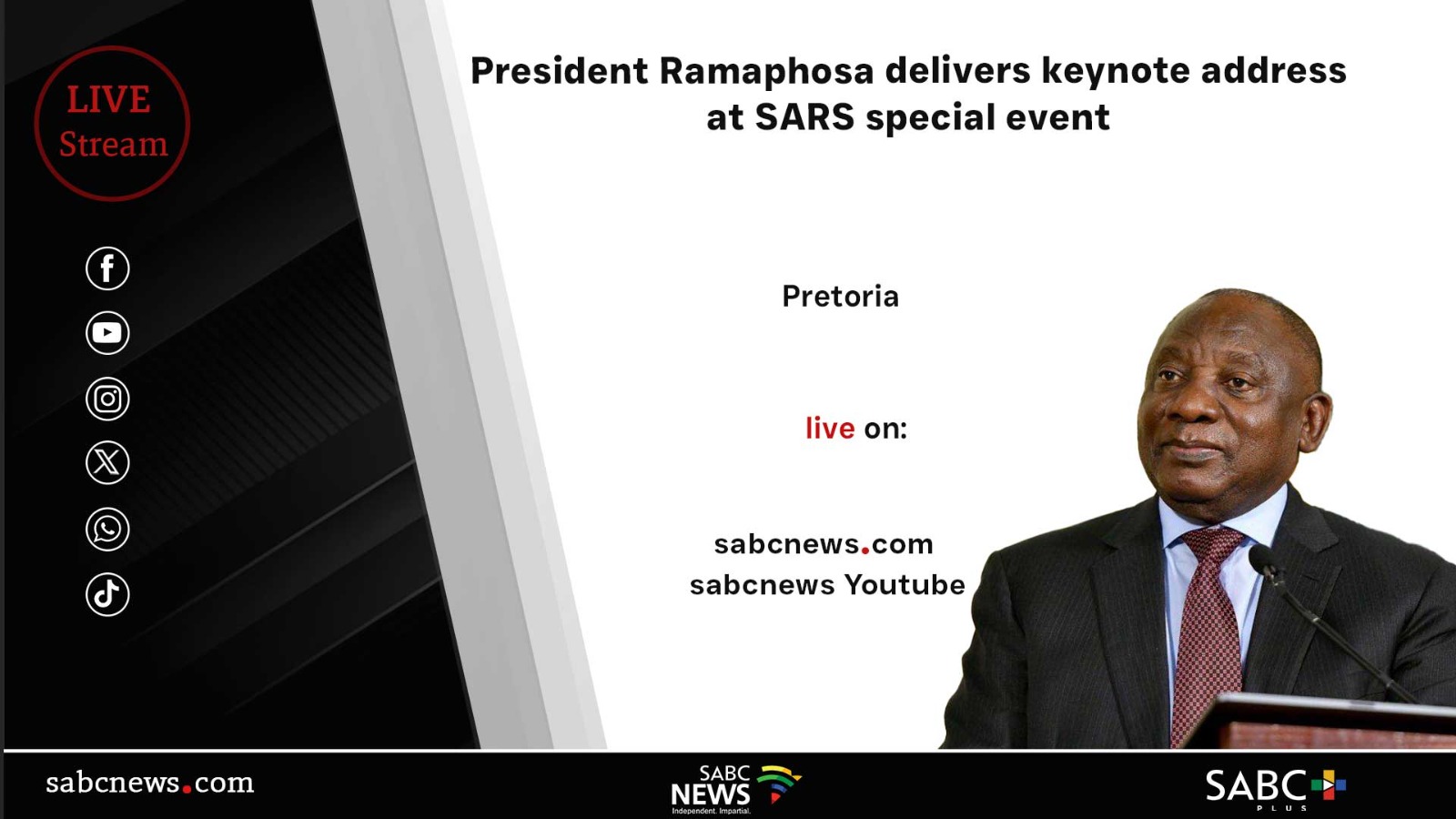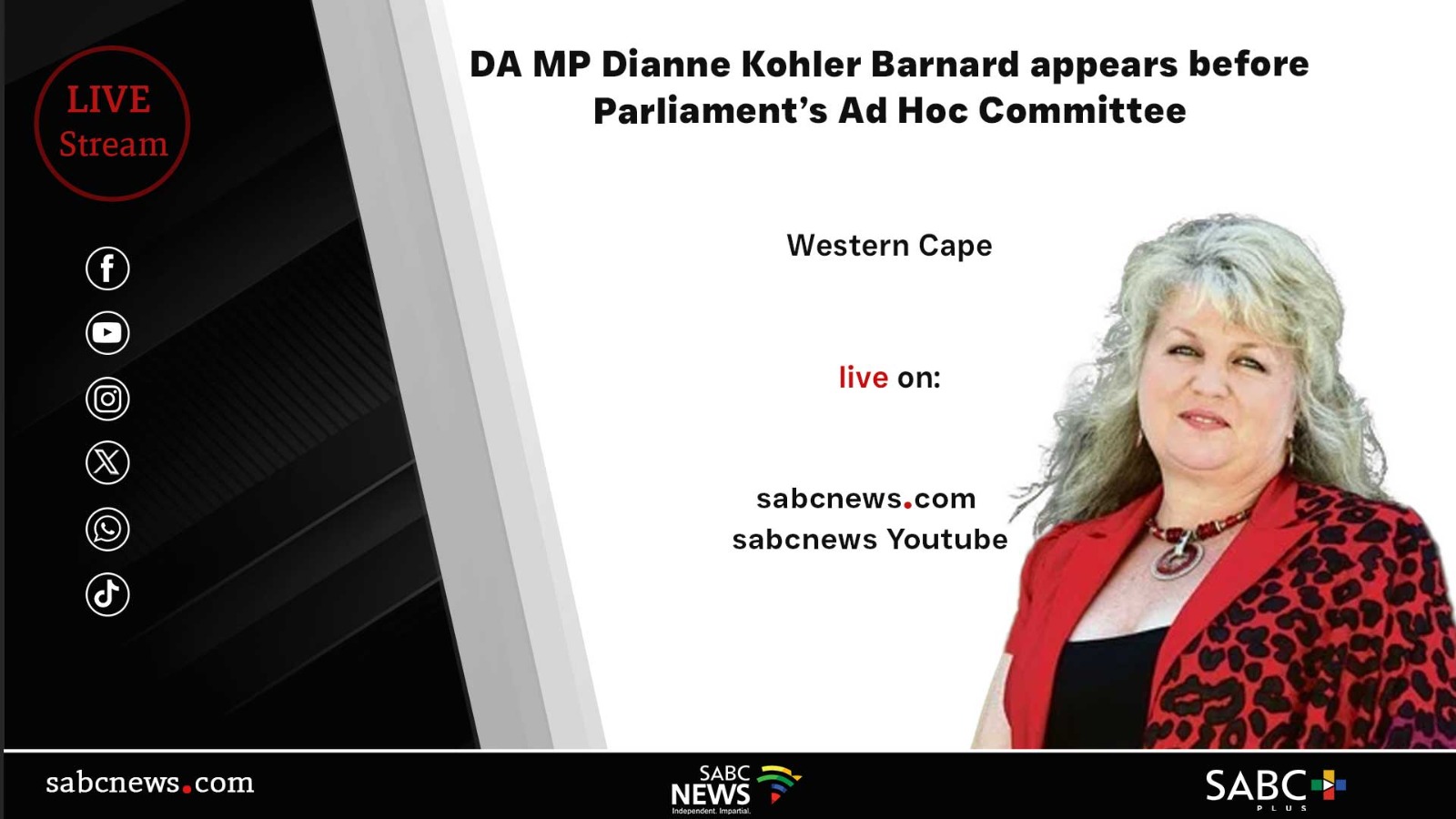-
The ANC top brass in a bilateral meeting with the leadership of Cosatu in Braamfontein on October 20, 2025.
The African National Congress (ANC) held its much-anticipated bilateral with Cosatu on Monday. The one-day meeting was attended by some of the party’s top officials, including President Cyril Ramaphosa and Secretary General, Fikile Mbalula, and Cosatu President, Zingiswa Losi, and her General Secretary, Solly Phetoe.
The two alliance partners discussed, among others, the ANC Economic Action Plan as well as the state of the alliance and the National Democratic Revolution and the preparations for the 2026 local elections.
ANC Spokesperson Mahlengi Bhengu-Motsiri says, “We are here at Cosatu House, both the substance and symbolism of renewed efforts at strengthening the revolutionary alliance that we have had over many decades of struggle… Some of the items that the ANC is going to be presenting would be the Economic Action Plan adopted by the NEC of the ANC and seeking to get feedback, and seeking to get a sense from the federation about how they feel, and whether that does address the concerns of the workers and the poor and of the improvements we must make.”
VIDEO | Bhengu-Motsiri addresses media on ANC-Cosatu Meeting:
ANC president Ramaphosa says, ”We are holding this bilateral which has been long overdue in Cosatu House and we are welcomed by the official or office bearers as they call them in Cosatu, national office bearers of Cosatu. We are truly honoured to be welcomed in this way.”
President Ramaphosa appreciates that the bilateral between Cosatu and the ANC is finally taking place.
Economic Action Plan
Relations between the two entities date back to their struggle days. Among other things, their meeting took stock of the state of the alliance, discussed the socio-economic transformation and Cosatu’s 40th anniversary planned for later this year, as ANC spokesperson Mahlengi Bhengu explains, ”The leadership of the ANC led by the president is leading a delegation in a bilateral meeting with Cosatu, The substance and symbolism of renewed efforts at strengthening the revolutionary alliance that we have had over many decades of struggle. Some of the items that the ANC is going to be presenting would be the Economic Action Plan adopted by the NEC of the ANC and seeking to get feedback, and seeking to get a sense from the federation about how they feel and whether that does address the concerns of the workers and the poor, and the improvements we must make thereto.”
Cosatu, on the other hand, welcomed the meeting as an attempt to improve the well-being of the poor and the working class, as its spokesperson Matthew Parks explains, ”It’s a chance for us to reflect on the state of government, public service, municipal service, how can we improve them, how can we help deliver better for the working class communities. It’s a chance for us to also raise concerns about the performance of the economy, high unemployment rate, high poverty rate, what can we do to protect businesses, what can we do to give relief to workers, to create jobs, and to get the economy moving.”
The ANC meets Cosatu at a time when its relationship with the SACP is at an all-time low. At the heart of their differences is what the Communist Party deemed as the refusal by the ANC to reconfigure the alliance over two decades.
With local government elections fast approaching, Parks says the SACP’s decision to go at it alone has been a worrying factor within the alliance.
Parks says, ”Our bottom line is we want to unite the alliance, we want to continue our relationship with the ANC, and we want to continue our relationship with the SACP. They both have different roles to play, complementary roles, but I think the message from the workers, from our delegates, from our Central Committee is we must unite the alliance. We must meet with the ANC, we must meet with the SACP and what approach we have for local government elections next year, and we must make sure we are all on the same page.”
The ANC wants, among others, that Cosatu should endorse its recently adopted Economic Action Plan, which seeks to accelerate progress towards inclusive growth and faster job creation.


